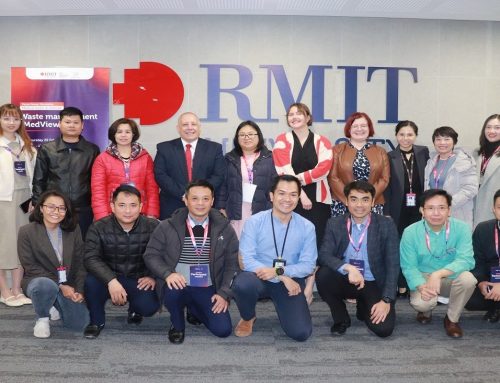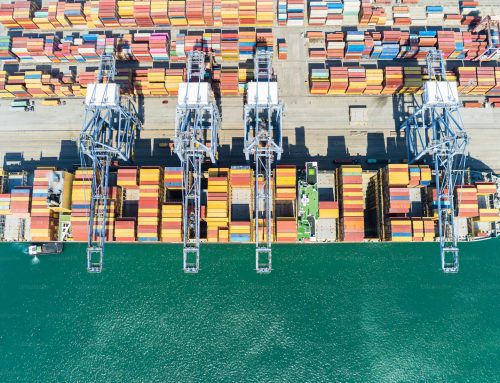How can we help people in escaping from crises and unsecure environments? This is a question we at the HUMLOG Institute have received numerous times over the past six months by individuals, companies and organisations who want to convey their support to those affected by the ongoing refugee crisis in Finland.
The questions have been directed to us at the HUMLOG Institute, because the Institute’s researchers have since 2008 conducted research on humanitarian logistics and supply chain management. Research suggests that humanitarian supply chains are “most agile” as they are quick in responding to often unknown demand. By conducting research on these agile supply chains, contributions can be sought on how to make humanitarian supply chains more effective, and new ways of thinking also conveyed to the private sector.
Research at the HUMLOG Institute has so far largely taken place in an international environment far from the Finnish or even European everyday life. One of the foundations of humanitarian aid is the fact that it will support the ones in need and in environments, in which society cannot guarantee safety and a life in dignity.
The ongoing refugee crisis has however, brought individuals and families fleeing conflict, closer to us. Despite functioning societal structures and existing resources, also the capacity and willingness of EU countries to help displaced people is questioned. The organisations currently providing aid wrestle with growing, and most strikingly, mobile demand. Therefore, aid does not always reach the ones in need.
So what can we as individuals and as representatives of companies, organisations and academic institutions do to help?
First and foremost, we should do our utmost to avoid situations globally that force people to be displaced involuntarily. This we can do through political pressure, by supporting education, and supporting sustainable social and economic development in resource-scarce and fragile communities.
And what can we as company representatives and individuals do in the existing situation?
The United Nations Global Compact addressed an appeal to the business community to get involved and help easing the refugee crisis. Their appeal is in line with companies paying attention to their own strengths. If a company does not have an existing humanitarian supply chain in place, one should avoid sending out supplies to beneficiaries on your own. On the other hand, perhaps such a company has resources such as services, knowledge or money instead? Companies as well as individuals can donate to reliable humanitarian organisations who directly help those affected in, for example, Syria and surrounding areas. Companies can also offer services to these organisations, as well as enable employees to volunteer for humanitarian organisations. Another activity closer to home is to offer employment and/or internships to asylum seekers in the local environment.
And what can we as scientists, and as representatives of a higher educational environment do to help?
As scientists, we must ensure that our research is relevant in a society undergoing constant change. We should strive to provide a more holistic picture of our society, where our problem formulation and research questions cause no distortion, but rather clarify, and support sustainable development both socially and economically.
At the HUMLOG Institute, we collaborate closely with our partners to ensure that our research brings increased knowledge and practical solutions. The aim of the HUMLOG Institute is, after all, “to research the area of humanitarian logistics in disaster preparedness, response and recovery with the intention of influencing future activities in a way that will provide measurable benefits to persons requiring assistance”.
Hanken as an university again, strives to be a pioneer in terms of diversity. The university is in the process of developing structures that facilitate refugees’ opportunity to study. For example, Hanken will offer a course in Finnish Business Culture to refugees. At the same time, Hanken students will be encouraged to volunteer and even get credits for their volunteering work through special courses. Besides this, within the framework of the UN Principles for Responsible Economist (PRME), the HUMLOG Institute will, in co-operation with the Nordic business network of UN Global Compact, offer workshops for companies who want to engage with refugees. The central theme of the workshop is, how companies can collaborate with humanitarian as well as governmental organisations to find more constructive solutions addressing the challenges of the current refugee crisis – and ultimately, to turn it around from a crisis to an opportunity.
-Ira & Gyöngyi




